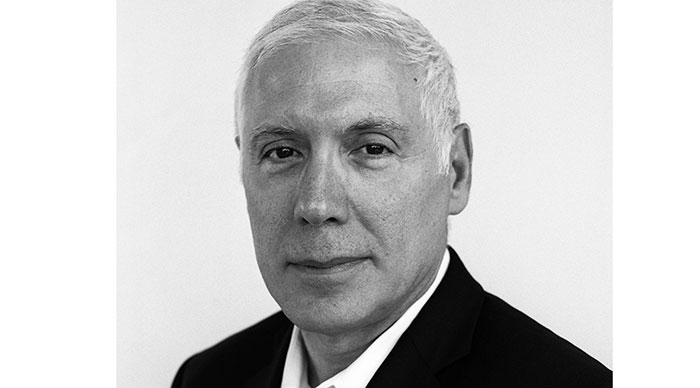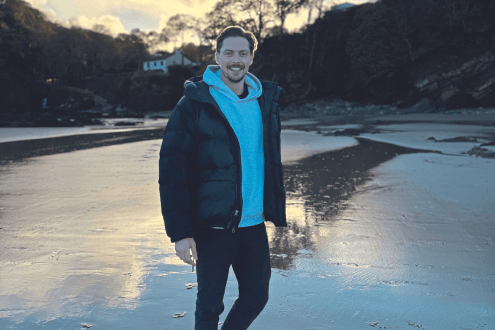Shelf Help: Interview with Stephen Grosz
Every month we delve into the The Shelf Help list, composed of literary books that have the power to make life brighter. January's book is Stephen Grosz's The Examined Life. We spoke to Grosz about how important it is to share our stories and to have someone listen, and what he has learnt from his patients about his own life.

This year, Psychologies is working with Vintage Books to bring you twelve reasons to feel better in 2014. Every month we will delve into the The Shelf Help list, composed of literary books that have the power to make life brighter. January's book is Stephen Grosz's The Examined Life: How We Lose and Find Ourselves; a brilliantly told compilation of accounts from a psychotherapist about his patients and the journeys they made together through their sessions. We spoke to Grosz about The Examined Life; discussing why he wrote it, how important it is to share our stories and to have someone listen, and what he has learnt from his patients about his own life.
What story did you hope your book The Examined Life would tell?
I realised that there are many people who don't have an idea of what happens in psychotherapy and I wanted to give them a clear picture of the relationship between an analyst and a patient, and also how analysts think about things; being with another person and thinking about their life with them. I was hoping it would give a picture not only of what analysts do, but how we think. There are so many reasons why one writes a book. Some of them are personal, for example trying to understand issues, and I understand things through writing. Writing is part of going back over something and thinking it through and trying to understand what happened. There is also the element of writing something that my children could read when they were older.
Listening to your clients personal narrative is the central theme of the book. Do you think today, with twitter updates and facebook statuses that we are becoming less able to listen to each other?
I think we live in a more distracted, and distracting world. There’s so much going on compared to when I was a child or a young adult; how we listen to music, how we communicate with each other. I think we do live in a world where we are very distracted and it is hard to listen. To really be present and listen is one of the hardest things to do, not just to other people but sometimes to ourselves. I think it’s such an important thing, and something I would say in some way we are losing because there is so much around us that is calling on our attention. It is important to try to figure out a way to be present with each other.
How important is the act of listening in our relationships and in wider society?
I’ve had people come to me who have no memory of someone giving them full attention. And that’s pretty incredible if you think about it. When people come to my office, the telephone’s shut off, there’s no email or anything, it’s just two people alone in a room for an hour and I’m listening to them. No one is going to interrupt them or cut them off. Part of what we do in therapy is just making a place where someone can speak and another person will listen to them.
Silence can often be awkward for many of us to endure. But how important is it as part of listening as a process?
It’s hugely important because in a way I think sometimes people can find it hard to tolerate silence and they can become anxious. There is something about silence, or being alone in silence that is quite interesting. Some people don’t have a great capacity to be alone, so they fill the silence with internet, radio, noise, music, on their mobile, they can’t be alone and so will fill every minute. I think it can be difficult but in therapy we slow down a bit and there’s room for people to take their time, to be silent.
In all of your sessions, a person’s story is what helps you determine the thing that is troubling them or holding them back. How important is it for us to tell our story in life, and for someone to listen?
I think storytelling is such a huge part of what it means to be a human being, and listening to other people’s stories needs compassion and empathy. It’s hugely important. I also think that’s part of how books work. They help us by taking us into the minds of other people just the way talking and conversation can do.
And what about your own story? How has listening to others affected your life and has it help you find out anything about yourself?
It’s very hard when we start a career we don’t know what effect that will have 20 or 30 years on. You can’t know. I’ve learnt a huge amount from my patients. Some have been fighting a life threatening disease, for example they have taught me a lot about courage, about empathy, how to live. These are the stories I’ve tried to pass on in the book. So I feel very grateful to my patients for the experiences I have had.
The Examined Life: How We Lose and Find Ourselves by Stephen Grosz (£8.99, Vintage)








